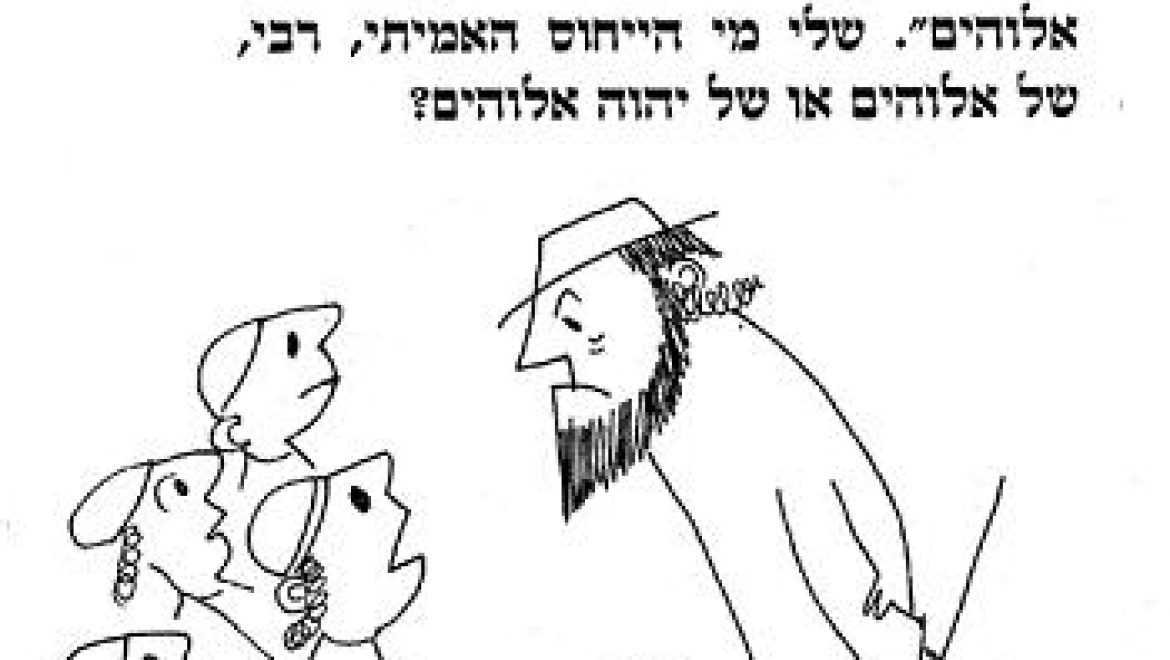
According to the sage Rava, when the Scriptures use the term “family” they refer to the father’s side. Thus, when the Torah discusses the laws of inheritance it is written “Then you shall give his inheritance to the relative closest to him in his family” (Numbers 27:11), and this means relatives on his father’s side and not on his mother’s. The sages said “One’s father’s family is called family; one’s mother’s family is not called family.” The scholars asked: Is it indeed so that the mother’s family is not called family? It is written “Now there was a young man from Bethlehem in Judah, of the family of Judah; he was a Levite, and was staying there” (Judges 17:7). Because it says he was from the family of Judah we can imply that he was from the tribe of Judah, and because it says he was a Levite we can imply that he was from the tribe of Levi. How could that be? You must say that his father was from the tribe of Levi and his mother from Judah. That the Scriptures say he was “of the family of Judah” means that the Scriptures treats the mother’s family as family, too. Answer: The phrase “he was a Levite” means that his name was Levi, not that he came from the tribe of Levi. The scholars then asked: How could it be said that his name was Levi and that he was not a Levite? It is explicitly written that his name was Jonathan: “And Jonathan, the son of Gershom the son of Manasseh, and his sons were priests to the tribe of Dan until the day of the captivity of the land” (Judges 18:30). Answer: His name was indeed Jonathan, but his father and his mother were both Levites. The reason it is written “of the family of Judah” though he was not from the tribe of Judah was because the Scriptures habitually ascribes actions to people bent on evil deeds. Since King Manasseh, king of Judea from the tribe of Judah, worshipped idols, the Scriptures attributed Jonathan to him as though he, too, were from the tribe of Judah. Similarly, his lineage is given as “Jonathan, the son of Gershom the son of Manasseh.” Was Gershom the son of Manasseh? He was the son of Moses our teacher, as is written “The sons of Moses were Gershom and Eliezer” (I Chronicles 23:15). But the Scriptures attributes the evil actions of Jonathan to those who match him, meaning Manasseh king of Judea, who worshipped idols. Just as he is not truly the son of Manasseh, so is he not truly of the family of Judah.”
(Babylonian Talmud, Tractate Bava Batra 109b)
